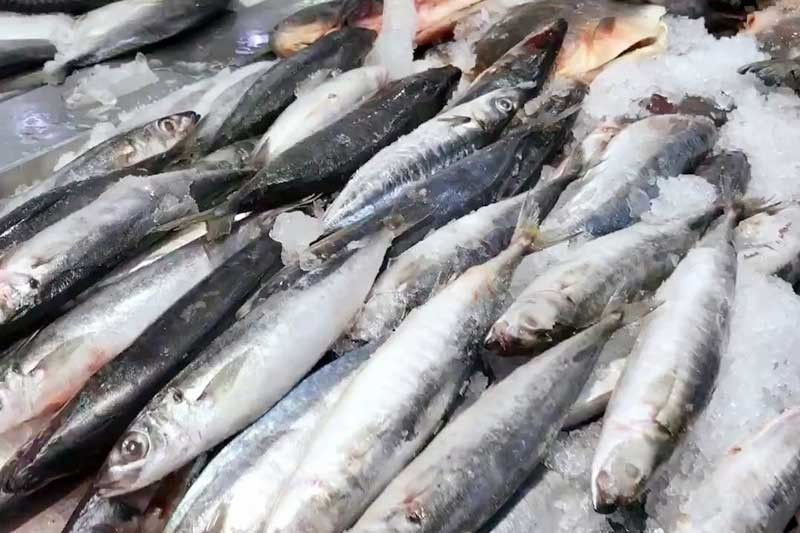Oceana opposes plan to import more galunggong

MANILA, Philippines — Oceana Philippines is opposing the proposal of the Bureau of Fisheries and Aquatic Resources to allow more fish imports, particularly roundscad or galunggong, into the country.
Bringing in more fish could affect the livelihood of local fishermen and further aggravate the supply problem of the commodity, Oceana said.
“Short-term imports may actually put long-term food security and fisherfolks at risk. The issues haunting fisheries management can only be solved through a more comprehensive and participatory plan,” Oceana Philippines vice president Gloria Ramos said.
“Stakeholders from government, private sector and civil society organizations need to work together to curb overfishing, halt the decline of fish supply and ensure sustainable income for fisherfolks,” she added.
The Philippines is the 11th largest fish producer globally. It is estimated that 56 percent of Filipinos’ animal protein comes from fish and 91 percent of fish catch in the country are consumed domestically.
Oceana said illegal fishing remains to be the problem in the country with commercial fishers continuously entering and competing with artisanal fisherfolks.
“Destructive fishing, such as blast fishing, bottom trawling and the capture of young fish before they can grow into adulthood, is a significant threat to the health of fish populations and the livelihood of fishing communities,” Ramos said.
“We have highly productive fisheries. If managed sustainably, our oceans can feed the growing Philippine population and achieve economic growth and security. But 75 percent of our principal fishing grounds are already overfished,” she added.
Oceana is urging the government to fully implement the provisions of the amended Fisheries Code, which mandates high penalties for fishing violations.
The law also requires vessel monitoring systems, which will identify and track behavior of commercial fishing boats that are operating within Philippine waters and allow artisanal fishers to maintain access to fishing grounds in their local waters.
Ramos said the market price of fish has become more expensive due to lower fish catch. Sizes have also become smaller as fish population has become less productive due to overfishing.
A survey by the Social Weather Stations showed that 82 percent of Filipinos believe fish sold in the markets are more expensive now compared to 10 years ago.
- Latest





























